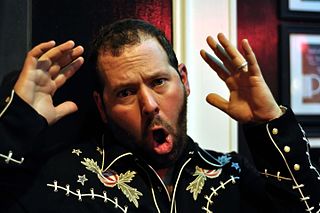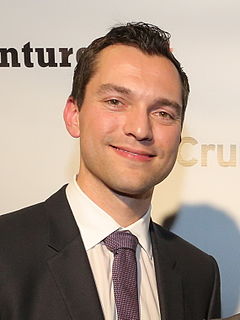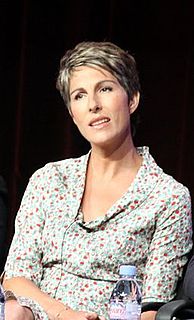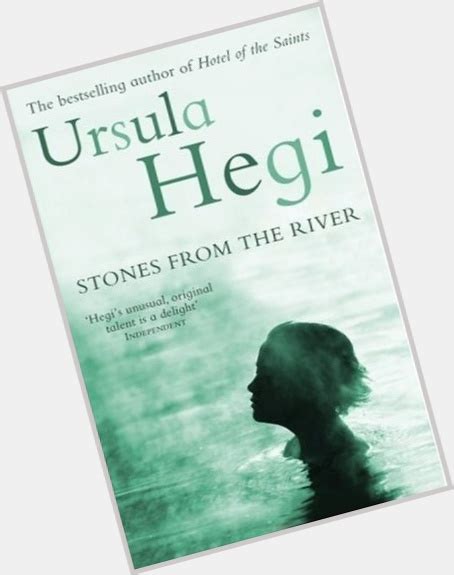A Quote by George Saunders
Intelligent, heartfelt stories that tell a whole new set of truths about growing up American. Julie Orringer writes with virtuosity and depth about the fears, cruelties, and humiliations of childhood, but then does that rarest, and more difficult, thing: writes equally beautifully about the moments of victory and transcendence.
Related Quotes
By Cunning & Craft is a masterpiece of writing about writing. If, like Scheherazade, you had to spin out a story under threat of death, this is the how-to book to read. It's filled with thoughtful, nuanced advice from a teacher/writer who actually writes, and writes beautifully and with great humor. The list of rejected stories is worth the price of the whole book.
One writes not to be read but to breathe...one writes to think, to pray, to analyze. One writes to clear one's mind, to dissipate one's fears, to face one's doubts, to look at one's mistakes--in order to retrieve them. One writes to capture and crystallize one's joy, but also to disperse one's gloom. Like prayer--you go to it in sorrow more than joy, for help, a road back to 'grace'.
I have always felt a little bit uncomfortable with question [why I'm write these stories]. It's not a question that you would ask a guy that writes detective stories or the guy that writes mystery stories, or westerns, or whatever. But it is asked of the writer of horror stories because it seems that there is something nasty about our love for horror stories, or boogies, ghosts and goblins, demons and devils.
I think that's why it's difficult for women when they watch TV and we see one version of a woman who is attached at the hip to a guy, and that's kind of her whole thing. You kind of go, 'I don't relate to this, I don't feel this.' You know? Maybe somebody does, but not everyone. That's the other thing about storytelling, is you can't represent everybody. You know, you can't seek to do that. You have to tell stories that you're interested in talking about and characters that intrigue you.




































